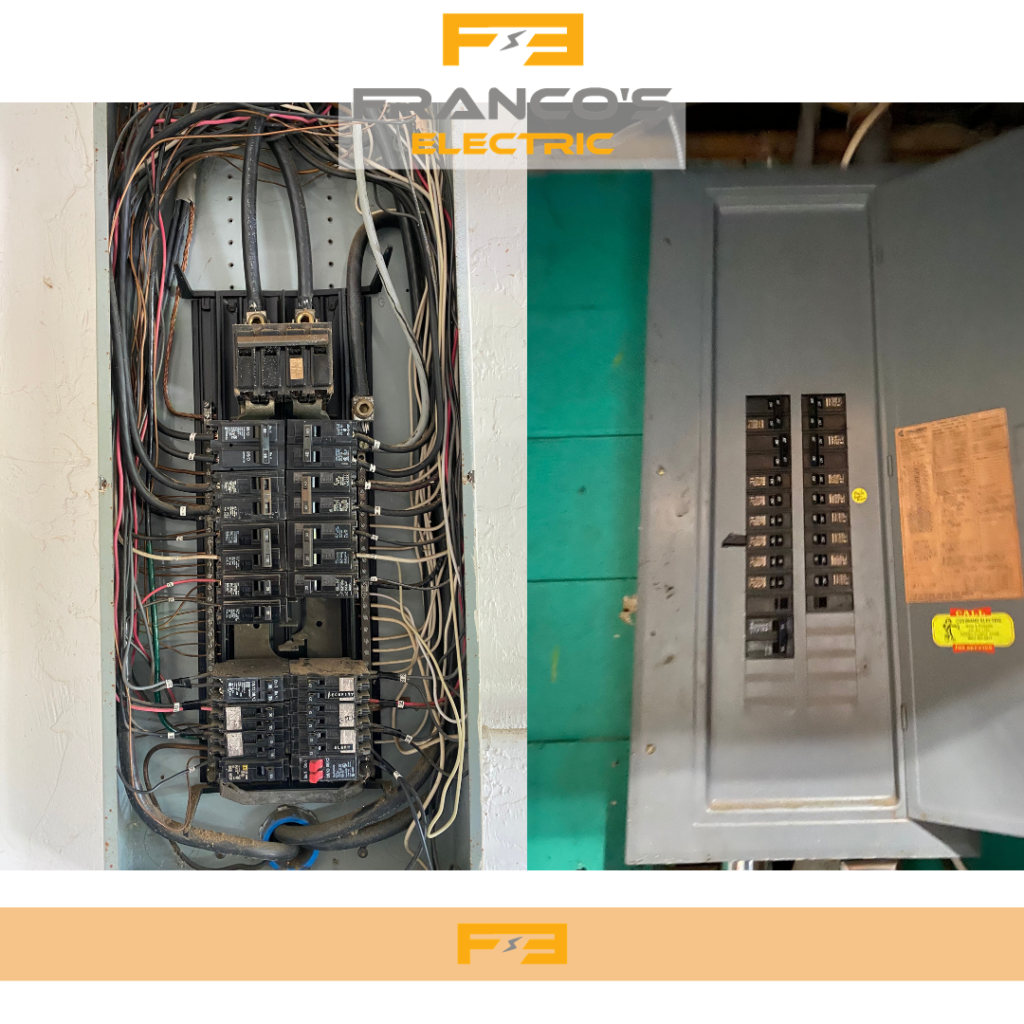Your electrical panel regulates the electricity coursing through your home. However, a circuit swell is tripped in the electrical panel to stop the electricity from overfilling the wiring, If too important electricity is demanded on a circuit. A load can beget a fire, so it’s the job of the electrical panel to break the circuit and regulate the electricity in the system to keep your home and family safe.
Unfortunately, as your home gets aged, the electrical panel could have a hard time keeping up with the increased electrical demands on the system. Your appliances, boxes, computers, HVAC systems, lights, and other electrical widgets are decreasingly energy effective, but the average ultramodern ménage uses further widgets than ever before. However, your electrical system may not be suitable to keep up with your electrical demand, If your home is further than 10 times old. How do you know for sure?
How an Electrical Panel Works:
The main power line from your electric company connects directly to a power cadence on the outside of Your home. Also, the line goes directly to the electrical panel. You can generally find your home’s electrical panel in a garage, mileage room, closet, or basement. It’s generally painted argentine.
When you look inside the electrical panel, you’ll see rows of switches. These are the circuit combers that distribute the main power line into lower branch lines. Some of the switches are doubled or tripled because they power appliances that bear large electricity loads, similar to air conditioners and electric dryers. Inside the electrical panel door, there should be a marker that maps out the locales of the outlets and appliances according to the figures on the switches. The switches also have figures on them that tell you how numerous amps the branch line can carry before the swell switch is tripped. The electrical panel also has a main power swell that can turn off power to the whole system.
Symptoms of Sick Electrical Panels:
Old electrical panels can malfunction, but the utmost of the time the problem stems from overloaded circuits. At first, you might notice fluttering lights or you might have to turn off an appliance in order to use Another plugged into the same circuit. But if the panel is conking or imperfect, the combers will trip frequently, or they will fail to trip and someone might be shocked. In the worst case, a swell that fails to trip may beget fire, bank, and melted cables from overheating.
Checking Your Electrical Panel
Your electrical panel needs a scan, especially if it’s over 25 years old. They are the signs to look for to see if you might need a new electrical panel. Creaking sounds from the electrical panel.
● Erosion and rust on the circuit combers.
● The innards of the electrical panel feel warm.
● Appliances are running at lower than full power.
● Outlets near water sources – similar to cesspools, barrels, dishwashers, and clothes washers –
aren’t GFCIs( ground fault circuit interrupters). These outlets stop the electricity if an appliance
comes into contact with water, precluding electrocution.
● Always using extension cords.
● Home has a 60- amp electrical service.
● Home has 100- amp electrical service, but it still can not operate some appliances.
● Aged homes have a fuse block panel or split-machine panel, which doesn’t have the primary swell.



